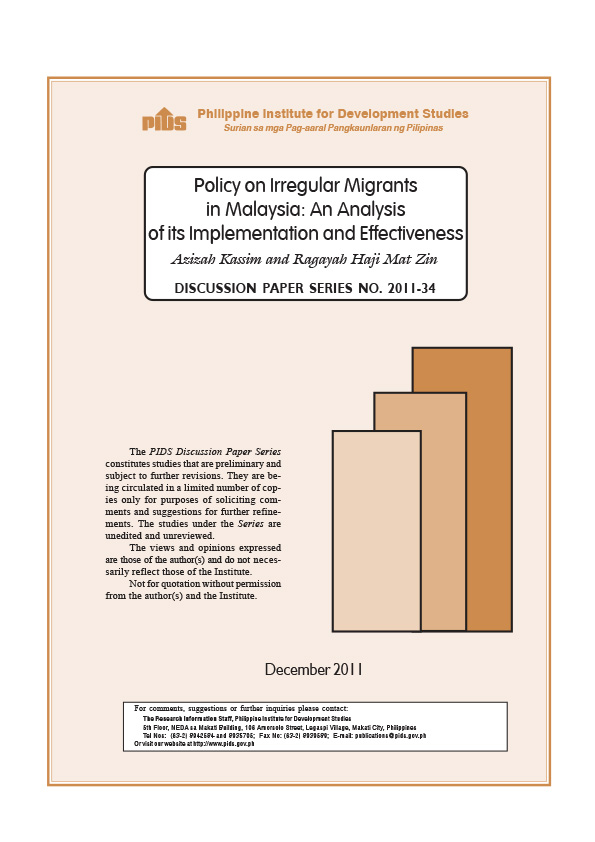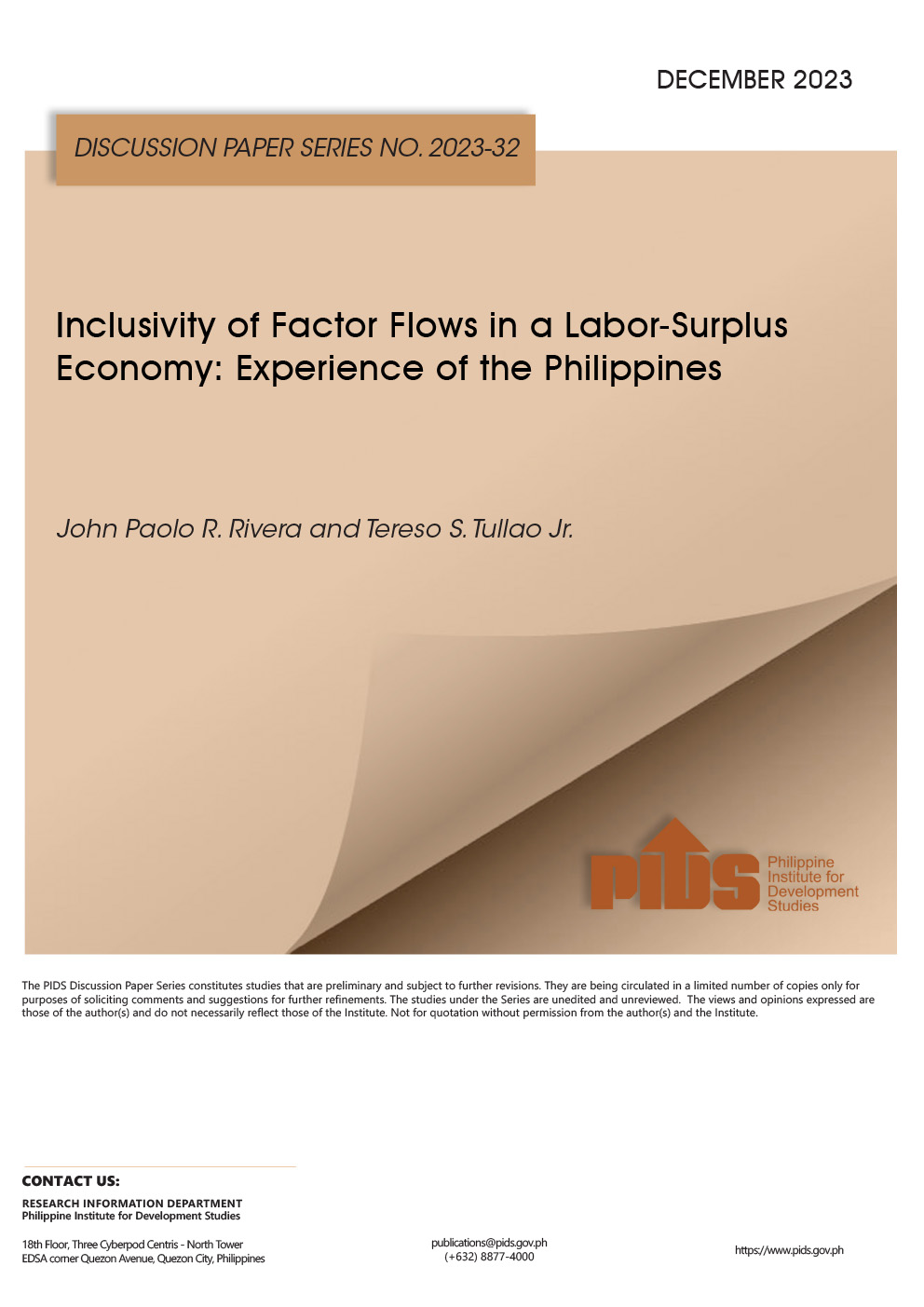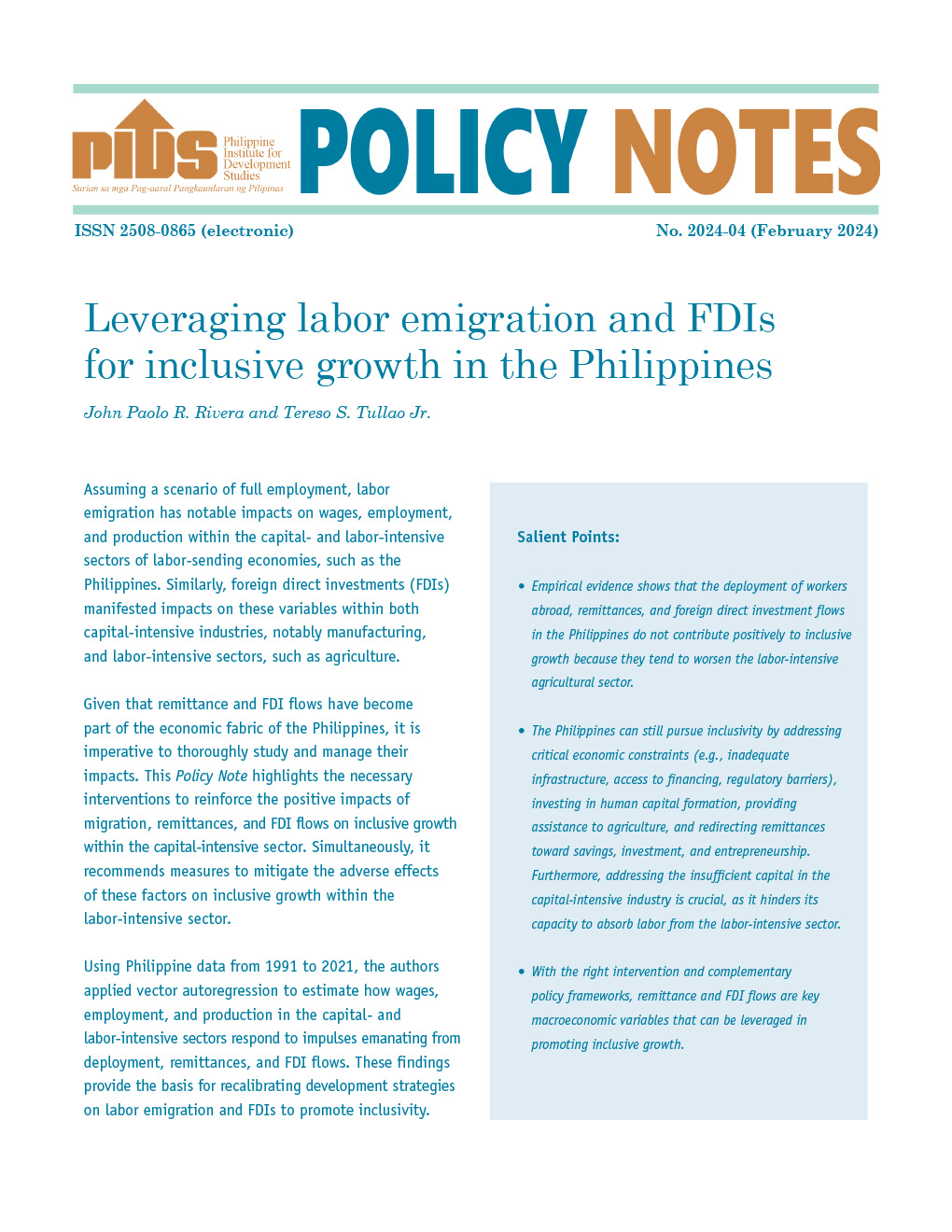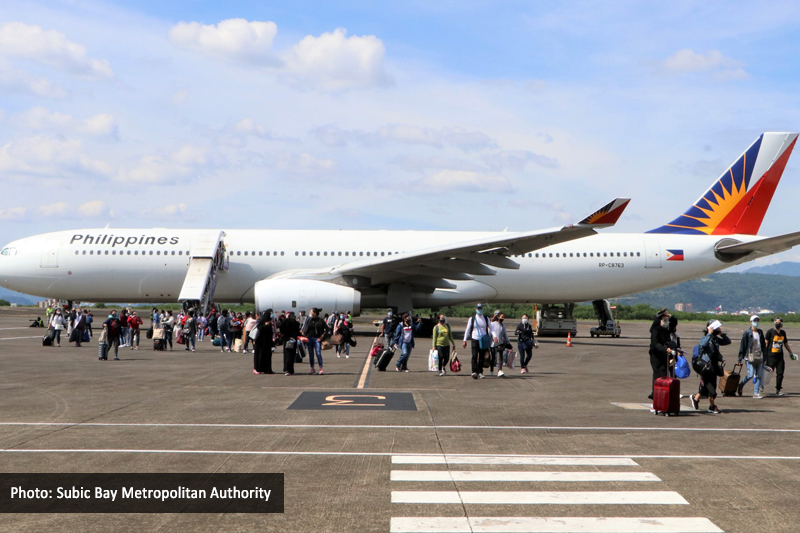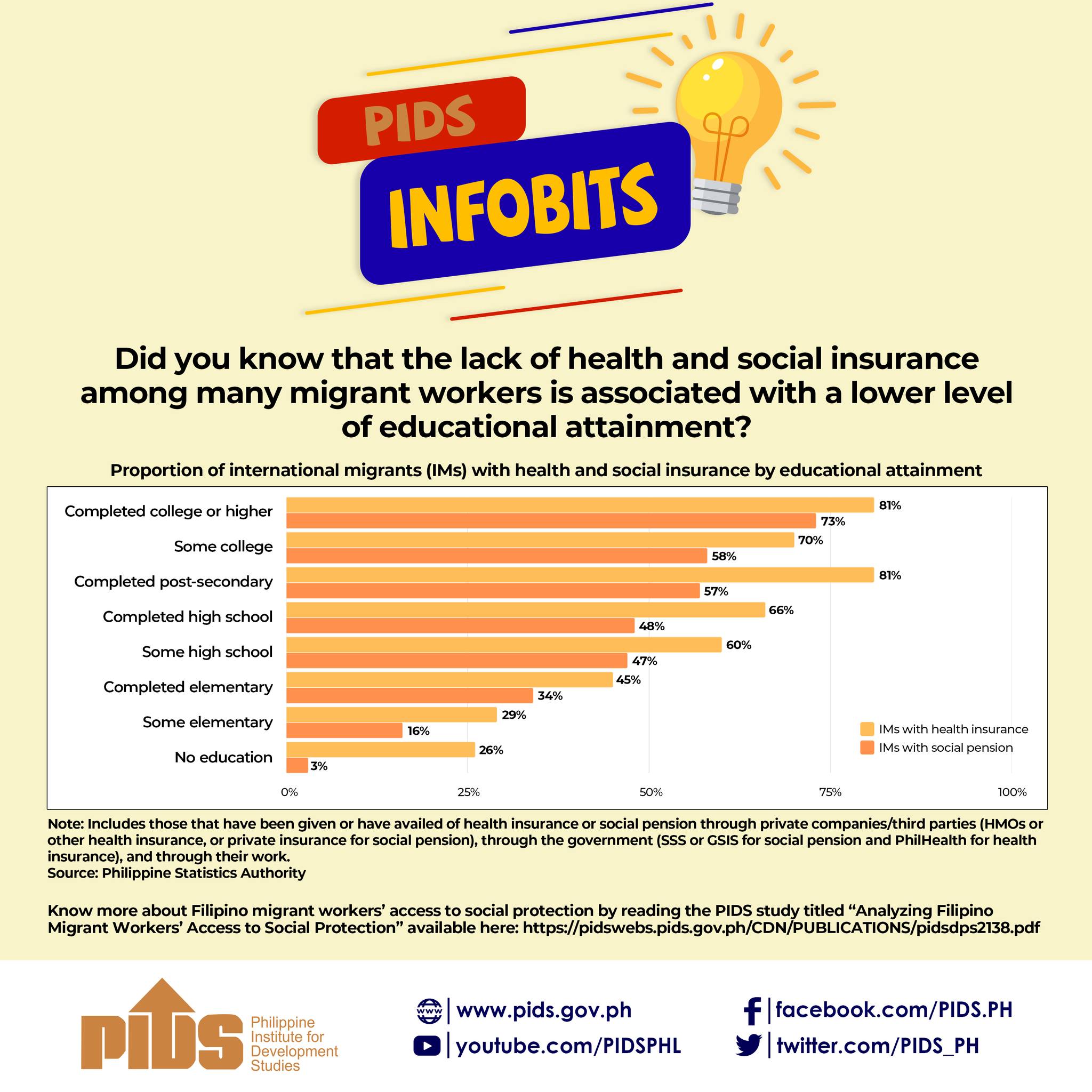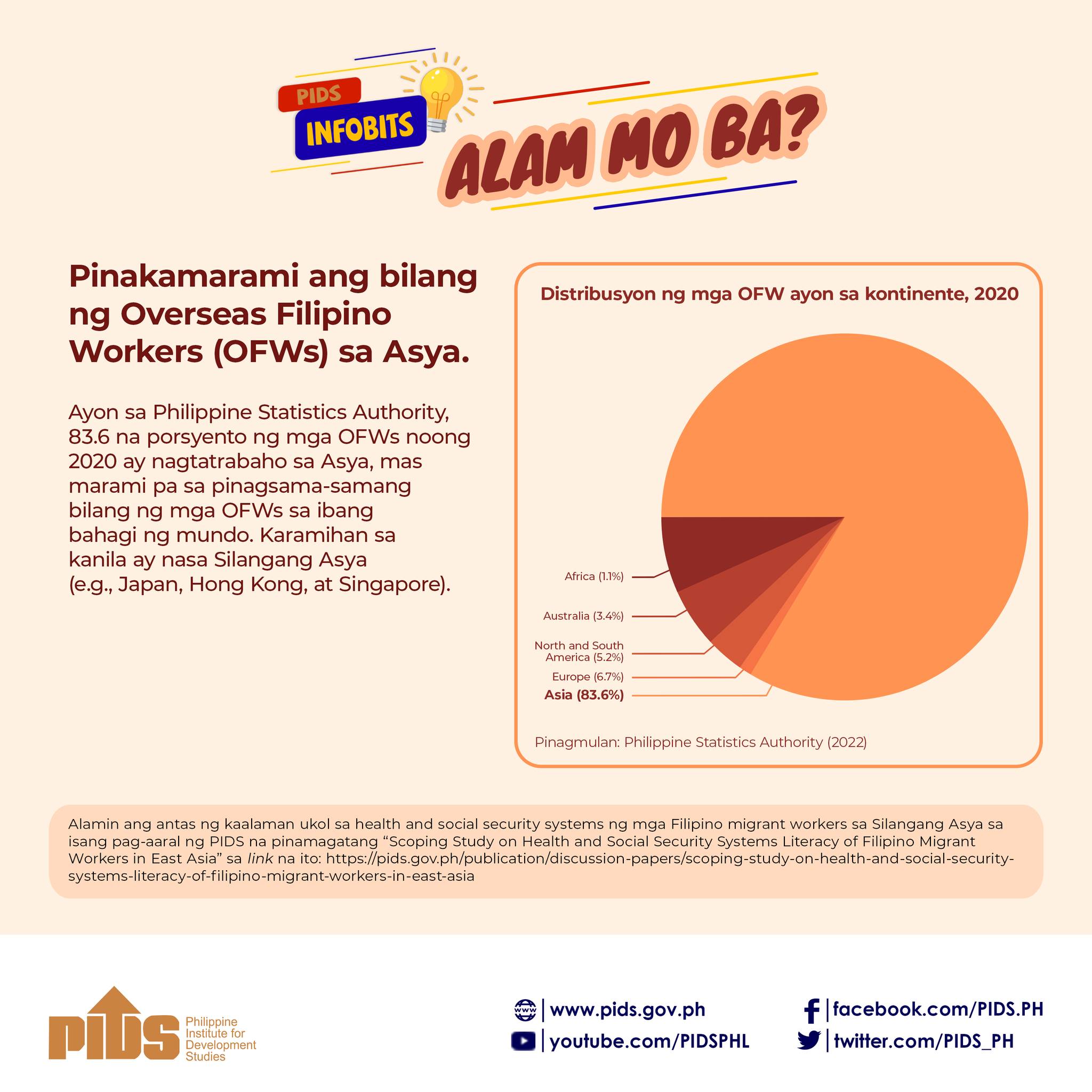In the early 1970s, Malaysia began to be inundated by foreign workers, all of whom were irregular migrants. A decade later their uncontrolled entry left several negative consequences especially to the internal and border security of the country. To overcome the problems, Malaysia introduced the foreign worker policy which became fully implemented in 1992. The policy has two objectives, firstly to regulate the inflow of foreign workers; and secondly, to stem the inflow of irregular migrant workers into the country. The implementation of the policy has led to a spectacular increase in the number of legally recruited migrant workers. However, it has not been able to curb the expansion of irregular migrants; instead their number has risen in parallel with that of legally recruited ones. This report is an attempt to examine why this is so. It is based on a research carried out in 2011 among 404 irregular migrants as respondents, comprising 340 who were apprehended and housed at seven of the 17 holding depots run by the government and 64 others who are still at large.
Citations
This publication has been cited 4 times
- Low, Choo Chin. 2021. Digitalization of migration management in Malaysia: privatization and the role of immigration service providers. Journal of International Migration and Integration, 22, No. 4, 1599-1627 . Springer.
- Orbeta, Aniceto Jr. C. and Kathrina G. Gonzales. 2013. Managing international labor migration in ASEAN: Themes from a six-country study. Discussion Papers DP 2013-26. Philippine Institute for Development Studies.
- Orbeta, Aniceto, Jr. and Kathrina Gonzales. 2013. Managing international labor migration in ASEAN : Themes from a six-country study. Governance Working Papers 23422. East Asian Bureau of Economic Research.
- Srinivas, Shivakumar and Satya Sivaraman. 2021. Understanding relevant Sustainable Development Goal targets related to labour migration in the Association of Southeast Asian Nations during the Coronavirus disease pandemic. Number 2021-RPR-04. Economic Research Institute for ASEAN and East Asia (ERIA).

